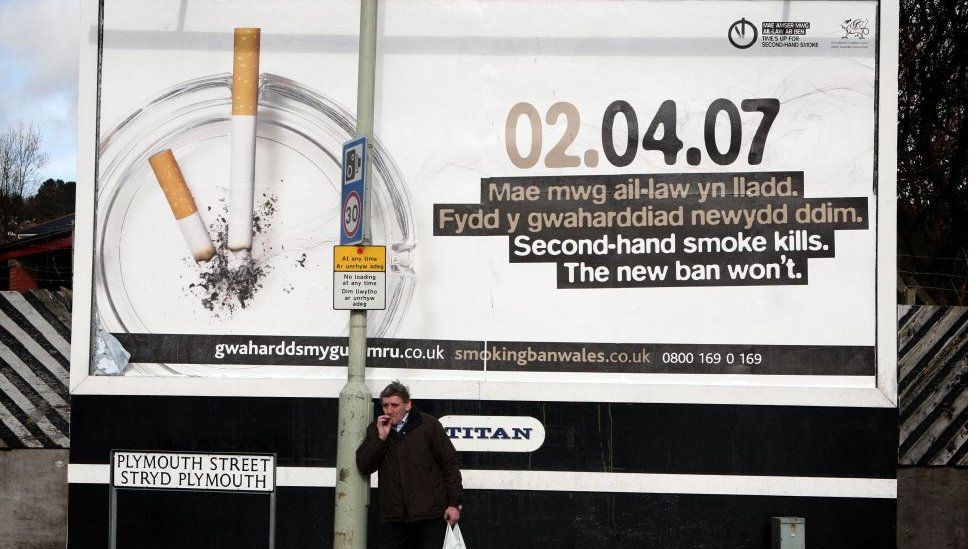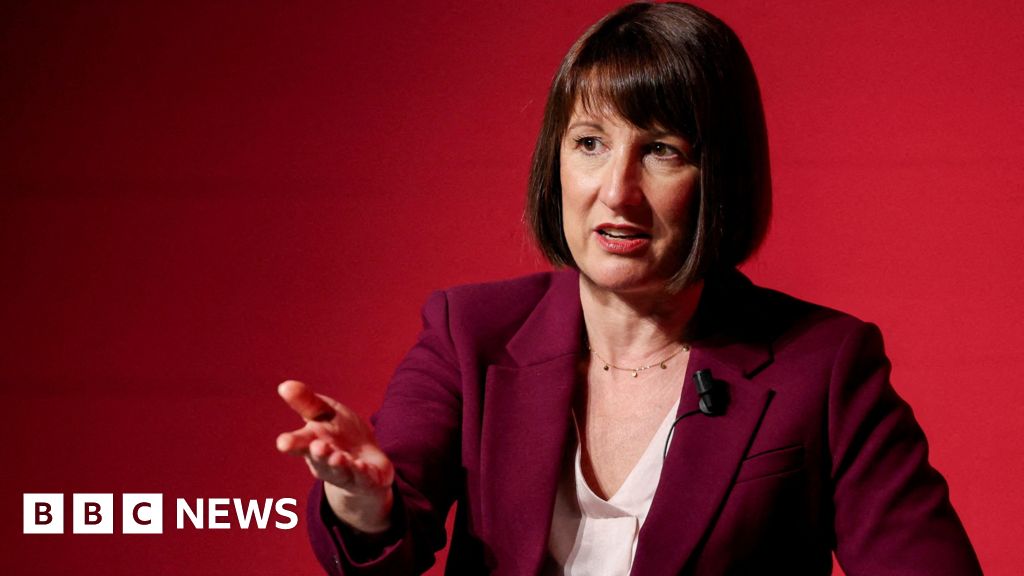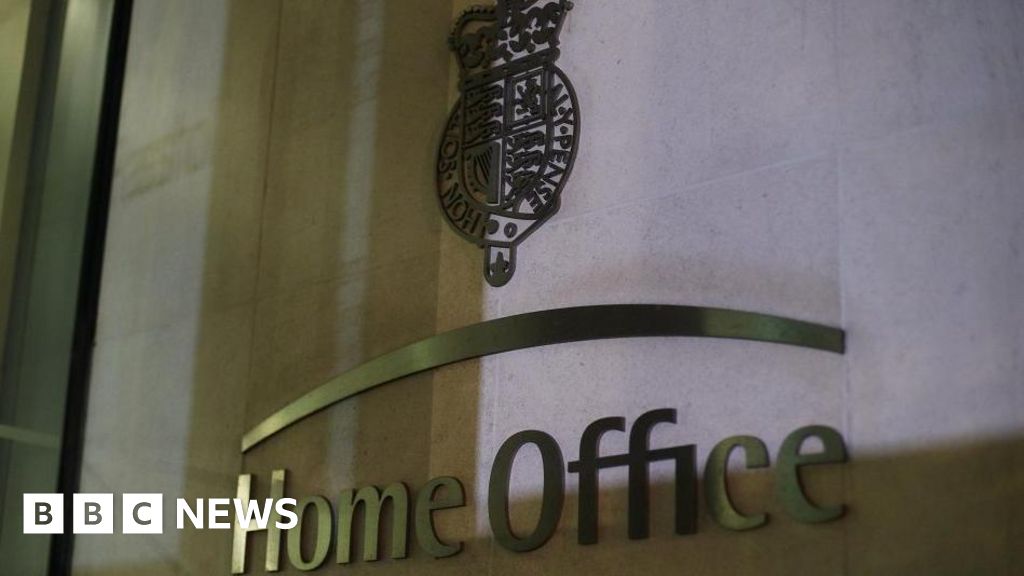ARTICLE AD BOX
 Image source, Matt Cardy
Image source, Matt Cardy
Smoking bans were introduced throughout the UK in the 2000s
The UK government is looking at introducing stricter rules on smoking outdoors to reduce deaths linked to tobacco use. This could mean banning smoking in places such as pub gardens, outdoor restaurants, outside hospitals and sports grounds.
The UK is not the only place that is aiming to expand its "smoke-free" spaces as many other countries are getting ever tougher on tobacco. Here's what you need to know about measures around the world to clamp down on smoking.
The government plans to phase out smoking for the next generation
The previous Conservative government proposed a new law called the Tobacco and Vapes Bill, which bans selling cigarettes or any other tobacco product to anyone born on or after 1 January 2009.
The bill didn't make it through parliament before the UK election. But the new Labour government promised to reintroduce the legislation and may extend smoking restrictions, such as stopping smoking on certain premises such as hospitals and pubs. Any new ban would apply only to England. Devolved governments could choose to bring in similar rules.
This policy is believed to have been inspired by New Zealand
New Zealand's previous government wanted to have a sweeping crackdown on smoking and introduced a law which meant anyone born after 2008 would not be able to buy cigarettes or tobacco products in their lifetime. It also restricted where tobacco could be sold and lowered the level of nicotine (the addictive drug) in cigarettes.
But the new government elected in October 2023 moved to repeal the law saying it would help fund tax cuts.
Other countries are still hoping to raise 'smoke-free generations'
Mexico has some of the strictest anti-smoking laws in the world, including an outright ban in all public spaces such as beaches, parks and hotels.
One of Australia's largest states, Queensland, has created several smoke-free public spaces, including "smoke-free buffers" at outdoor eating and drinking places and smoke-free events for under-18s.
Canada is hoping to reduce tobacco use to less than 5% by 2035 and was one of the first countries to rule that health warnings should be printed on individual cigarettes.
Over 70 countries have 'smoke-free' policies that cover indoor places
Image source, Construction Photography/Avalon
Image caption,No smoking sign at a train station in Spain
In 2004, Ireland was the first country to pass a "smoke-free law", according to the World Health Organisation (WHO). The law banned smoking in workplaces, restaurants and bars.
By 2007, just 10 countries had smoking bans covering indoor spaces, according to WHO. Yet, by 2023, the WHO global tobacco report said around 5.6 billion people - 71% of the world's population - were covered by at least one smoke-free policy.
In South America, citizens of every country are now covered by anti-smoking laws
In 2006, Uruguay became the first country in the region to become completely smoke-free by enacting a ban on smoking in all public spaces and workplaces, said the WHO.
The law was supported by 80% of the public in Uruguay, including two thirds of the country's smokers.
In the EU, several countries have anti-smoking measures but they vary greatly
Denmark, Finland, Ireland, Italy, Norway and Sweden have "very good" compliance with anti-smoking laws, according to Smoke Free Partnership, a group of European organisations.
However Belarus, Bulgaria, Greece and Serbia have a "weak" compliance with smoking laws and no bans on smoking in outdoor spaces.
In the UK, smoking has been banned in virtually all indoor places since July 2007
This includes smoking in any pub, restaurant and nightclub, as well as most workplaces. A smoking ban had already been introduced in Scotland in March 2006 and Wales and Northern Ireland in April 2007.
In 2014, the Children and Families Act restricted smoking in cars carrying children.
Smoking rates in the UK are at their lowest on record, according to government figures. However, around 6.4 million adults are still smokers.
By Rosemary McCabe and Text Formats

 1 month ago
14
1 month ago
14








 English (US)
English (US)